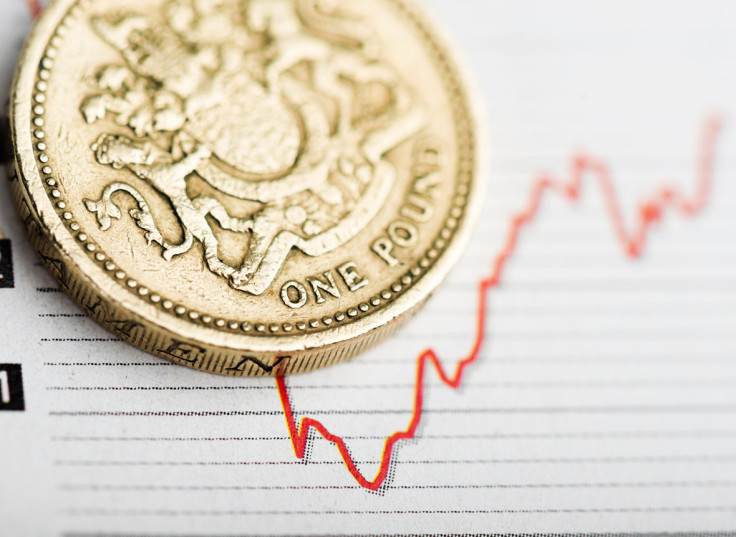Pound surges to highest level since Brexit vote as rates rise looms large
Sterling climbs above $1.36 after BoE policymaker suggests rate rise could happen in November.

The pound has surged to its highest level against the dollar since the Brexit referendum, amid mounting speculation the Bank of England (BoE) could hike interest rates for the first time in a decade over the coming months.
On Friday (15 September), sterling jumped over 1.4% against the dollar to $1.3610, the highest level since 24 June 2016 – the day following the Brexit vote. The pound was also nearly 1% higher against the euro, trading at €1.1338 against the common currency.
"With the markets now pricing in a very high possibility of a rate hike before year end, sterling is likely to regain its attitude and remain supported moving forward," said FXTM research analyst Lukman Otunuga.
"[The] sterling/dollar [exchange rate] is undeniably bullish on the daily charts, and this upside momentum is likely to roll over into the new trading week.
"A weekly close above the $1.3400 region should offer enough encouragement for bulls to target $1.3700."
The rally came after BoE policymaker Gertjan Vlieghe fuelled speculations the Bank might be gearing up to lift interest rates for the first time in a decade. The benchmark rate was cut to a historic low of 0.25% by the Bank's Monetary Policy Committee (MPC) in August last year in the wake of dire survey data following the Brexit vote.
"Until recently, I thought the appropriate response of monetary policy was to be patient, given modest growth and subdued underlying inflationary pressure," Vlieghe said on Friday in a speech to the Society of Business Economists in London.
"But the evolution of the data is increasingly suggesting that we are approaching the moment when Bank Rate may need to rise."
Vlieghe, who was the first BoE member to vote for a rate cut after the Brexit vote, is a renowned dovish voter on monetary policy and his change of stance was interpreted as being particularly significant by economists.
"Vlieghe's comments will support belief that the Bank of England could well raise interest rates before the end of 2017 with a move as soon as November very much in play," said Howard Archer, chief economic adviser to the EY Item Club.
"Admittedly, the Bank of England has previously talked up the likelihood of an interest rate hike then failed to follow through, but there does seem to be a more concerted effort this time around and more unanimity within the MPC of the case for a hike."
Vlieghe's comments came a day after MPC members voted 7-2 to keep interest rates on hold at 0.25%, making it a year at that level – and over 10 years since a rate hike.
However, the Bank signalled that monetary policy could be tightened over the coming months, unless there was a sudden string of bad economic data.
"If the economy follows a path broadly consistent with the August Inflation Report central projection, then monetary policy could need to be tightened by a somewhat greater extent over the forecast period than current market expectations," it said.
© Copyright IBTimes 2025. All rights reserved.






















